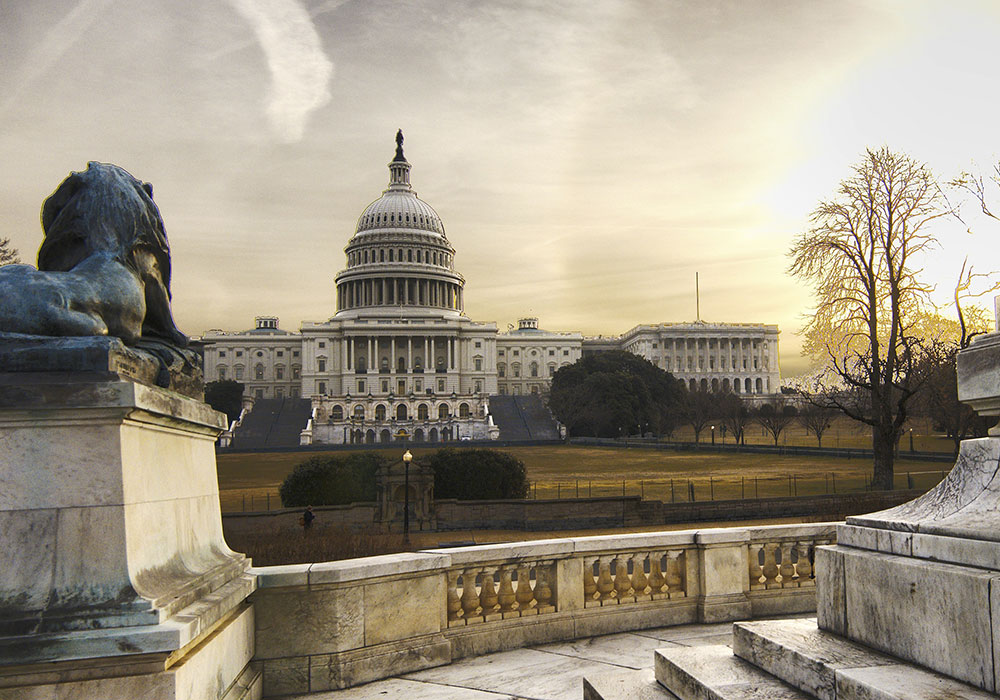Media Agencies Partner to Document Those ‘Lost on the Front Line’
Healthcare workers in the United States accounted for 20% of all deaths caused by the COVID-19 coronavirus pandemic to date. The Guardian and Kaiser Health News partnered to document every healthcare worker who’s died from COVID-19 in response to the absence of a reliable nationwide database.
Personal protective equipment (PPE) remains a top priority to ensure a healthy workforce and a protected patient population. Despite reporting to work every day to care for patients with a highly transmissible virus, healthcare workers, and nurses in particular, are still reporting not having access to proper masks and safety gear during the COVID-19 pandemic. ONS and other nursing organizations are making sure decision makers put the full force of the government behind efforts to ensure equipment is available.
ONS's COVID-19 resource page has information to support oncology nurses as they care for patients with cancer during the pandemic.
Healthcare Workers Campaign for Congress With Focus on COVID-19
As stated in an April 9, 2020, Roll Call article, health care was a major focus of the 2020 election, even before the COVID-19 coronavirus pandemic. Now, some candidates who are trained as nurses or physicians are incorporating their healthcare expertise into campaign trials.
Christine Mann, the designated employee testing patients for COVID-19 at a medical practice in Central Texas, and Cameron Webb, an internist in Central Virginia, are two Democratic candidates running for Congress and campaigning while working on the front lines of the pandemic.
“Everything about this pandemic has been dictated by politics,” Mann said. “If we don’t address the political pieces that have led us to where we are today, we are missing a huge part of what we need to do to make sure that we never see this again.”
Currently, the U.S. House of Representatives has only two nurses. However, the House already has more than a dozen members and the U.S. Senate three who have healthcare backgrounds. During a national health situation like a pandemic, having healthcare expertise provides candidates with some additional level of credibility. Using that knowledge, candidates are connecting with voters and making real issues resonate for their campaigns.
For more information on the pandemic, visit ONS Voice’s COVID-19 topic page.
Political Experts Weigh In on the United States’ Response to COVID-19
Mike Leavitt, health and human secretary during the George W. Bush administration, said before a pandemic, everything sounds too alarmist; after a pandemic, every action or inaction is labeled inadequate. Politico, which interviewed Leavitt and other policymakers from the past three administrations, reported on April 11, 2020, that the United States’ lack of response to the COVID-19 coronavirus pandemic goes much deeper than the current administration “that’s infamously tumultuous.”
Factors beyond the balancing act Leavitt referenced, which influenced the United States’ COVID-19 response, included recycled strategies from previous administrations, lack of consistency in government healthcare leaders, and general bureaucracy.
“After each major health crisis of the past two decades, American health and political leaders have launched preparedness programs and issued blunt warnings to their successors—only to watch as those programs were defunded, staff was allowed to depart and Washington forgot the stark lessons it had just learned,” the Politico article conveyed.
Beth Cameron, who served in the Obama administration’s National Security Office, said that the COVID-19 pandemic revealed the critical need for further developing global supply chains to ensure access to medical equipment and that senior leaders should more thoroughly debate the tough decisions that come up during a health crisis, like ventilator availability, to be better prepared.






